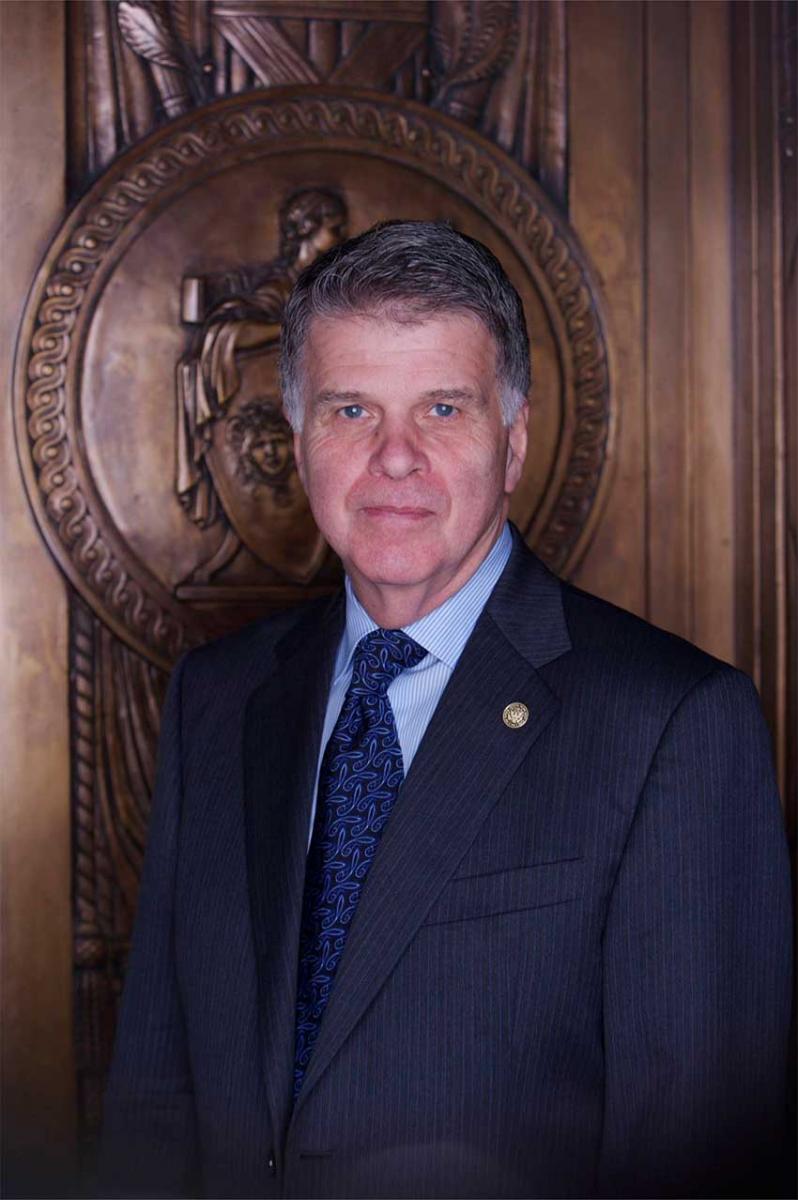
Discovery and Recovery: Preserving Iraqi Jewish Heritage
Wednesday, November 6, 2013 at 7 p.m. National Archives Building
Good evening. Welcome to our newest exhibition, "Discovery and Recovery: Preserving Iraqi Jewish Heritage" in the Lawrence F. O'Brien Gallery.
Before we go any further, I want thank the Foundation for the National Archives and Foundation Board Member Richard Eliasberg, with the generous support of the Eliasberg Family Foundation, for making tonight's event possible.
This exhibition, created by the National Archives and Records Administration with support from the U.S. Department of State, is a bit of a departure for us. The materials on display are not official U.S. Government records, and they are not from the holdings of the National Archives of the United States.
But the National Archives is integral to the story of "Discovery and Recovery." Our Preservation Programs' reputation as a leader in documents preservation and disaster response and recovery prompted the first call for help back in 2003.
From the assessment of the wet and moldy materials in Baghdad to the present day, the National Archives has overseen recovery, preservation, and providing access to these historical documents and books from the Iraqi Jewish community.
Our talented and dedicated staff have done a superb job of preserving these culturally valuable records and making them accessible to the world. Our exhibits staff have developed an extraordinary exhibit. Thank you to curators Gabriel Goldstein and Lisa Royse and to Karen Hibbitt and Dan Falk, who oversaw the shipping and installation. They've made it possible for you and hundreds more to see a selection of the Iraqi Jewish materials here in the O'Brien Gallery, and millions more will be able to examine the digitized books and documents up close and online at the new website www.ija.archives.gov.
Our Director of Preservation Programs, Doris Hamburg, will speak later about the specifics of the project, but I also want to note here our appreciation of the work done by our Iraqi Jewish Archive project manager, conservators, conservation technicians, Hebraic librarian, Arabic language experts, and preservation digital imaging specialists and technicians. NARA staff from many other offices have contributed their expert support as well. And I can't fail to acknowledge the role played by Doris and Mary Lynn Ritzenthaler, our Chief of Conservation, who from the very beginning of the story and continuing over the last 10 years, led and directed this collaborative international preservation project. They flew to Baghdad at a moment's notice in June 2003 to assess the condition of the records and create a plan for their treatment. The conditions were less than ideal: The temperature on the ground topped 100 degrees, but they conducted much of their work inside a freezer truck at about 25 degrees.
As proud as we are of the National Archives' role in preserving the Iraqi Jewish Archive, the success of the project is due to the cooperation of many agencies and organizations.
The collaboration with the Department of State has been extremely rewarding and supportive throughout, and, in fact, indispensible. We are also grateful to the White House for their continuing support. We value highly the partnership with His Excellency the Ambassador of Iraq and his superb staff, the Iraqi National Library and Archives and the Government of Iraq. The World Organization of Jews from Iraq, the Center for Jewish History, National Endowment for the Humanities, Department of Defense, American Jewish Committee, B'nai B'rith, United States Holocaust Memorial Museum, Library of Congress, and other organizations and individuals have contributed in many different ways.
The work is not entirely done, though. We are continuing to conserve and digitize the books and documents, and by June 2014 all items will be posted online. This week we welcomed to the National Archives two Iraqi Preservation Fellows from the Iraqi National Library and Archives, who will work with our staff on the project and learn about the preservation processes and techniques that have been used with this collection.
What started with more than two dozen metal trunks filled with the distorted, wet, and moldy books and documents is now a remarkable window onto Iraqi Jewish heritage.
1We are honored tonight to be joined by Iraq's Ambassador to the United States, Lukman Faily. A leader within the large Iraqi exile community for many years while living and working in the United Kingdom, Mr. Faily played an active role in opposing Saddam's dictatorship and advocated for democracy and rule of law in Iraq. He is a former Iraqi Ambassador to Japan and former Ambassador at the Iraqi Ministry of Foreign Affairs. Please welcome Ambassador Faily.
 The Archivist of the United States is the head of our agency, appointed by the President of the United States.
The Archivist of the United States is the head of our agency, appointed by the President of the United States.